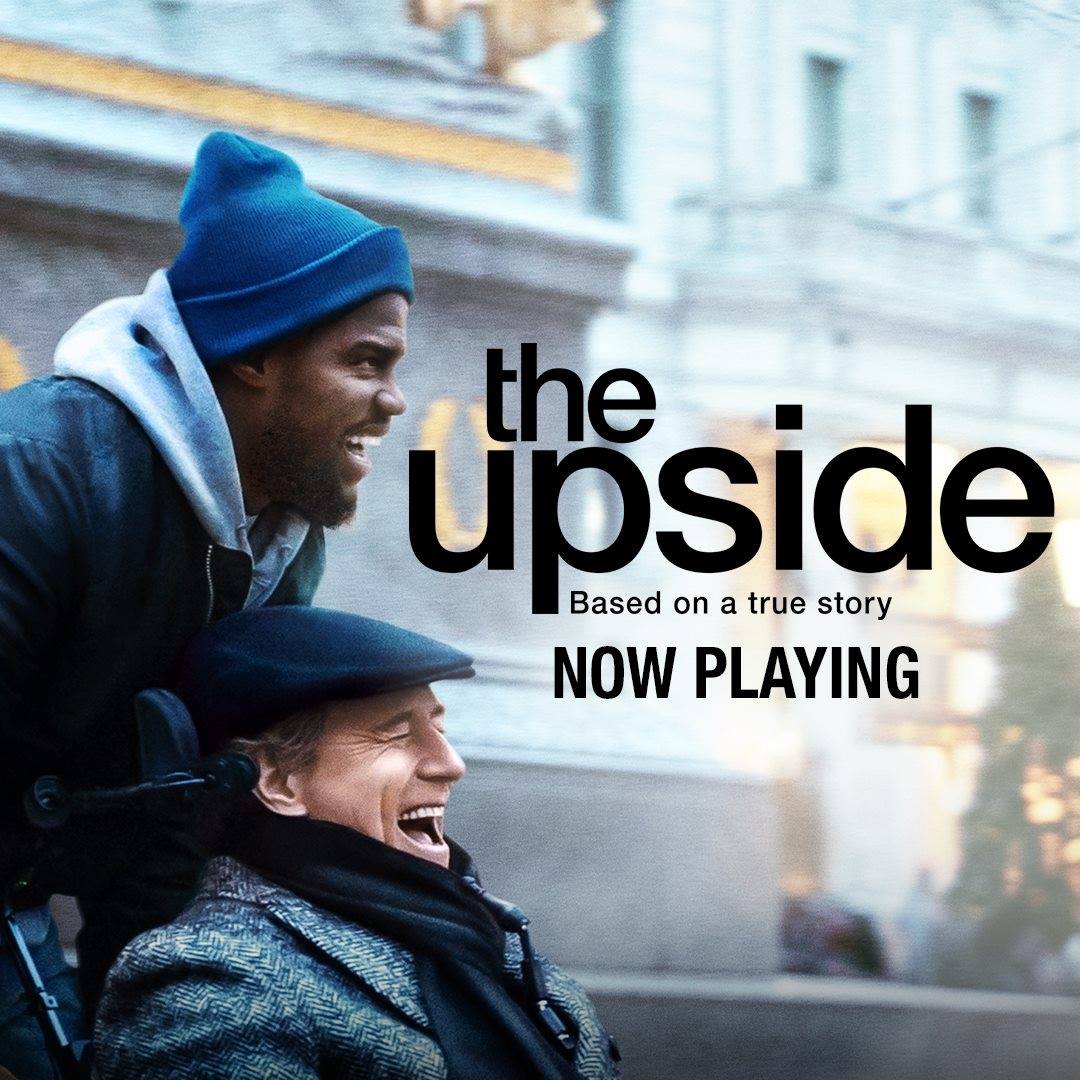
For over a century, mass consumption has been the answer to overproduction. However, consumption is also a tool to show off achievements and integration into American society.
Last Sunday, my daughter Pauline turned seven, but, she was also invited to a birthday party at Chuck E. Cheese. Because she wanted to go so badly, my husband and I agreed.
It was also my first time inside.
I felt like I was in a casino with slot machines for children. It was noisy, hectic, and smelled like a cotton candy pizza. Pauline was ecstatic, soon running away from one game to another, and from what I could see before I left, she wasn’t alone in her joyful excitement.
For readers not familiar with Chuck E. Cheese, it‘s a chain of family entertainment centers. On their website, they promise fun for the entire family, delicious food, and peace of mind for the parents. Indeed, I had zero interactions with other parents and very few with the parents of the birthday child. My daughter was entertained for two hours, and she was mega happy when I picked her up.
My struggles with American consumerism
I found the place rather sad. Kids were playing alone at the video games, claw cranes, or pinball machines of their choice, each game providing a reward in the form of paper tickets. They’d run from one station to another without looking at each other. At some point, they shared pizza and birthday cake. But this was a quick pause: Their purpose was to earn as many paper points as possible that they’d then redeem for plastic toys made in China before they left.
Pauline loved it. The birthday boy loved it. Their friends loved it and the parents loved it, too. Basically everyone was happy, so why make a big deal out of it?
When Pauline and I got home, I shared my feelings with my (French) husband who could put words to my malaise. Instead of playing together, a bunch of 7-year-old children engaged in consumerism, which is “a social and economic order and ideology that encourages the acquisition of goods in ever-increasing amounts.” (Wikipedia)
Consumption, an American tool to unite the people
I’ve spent a lot of time thinking about the hows and whys of this cultural difference. Besides an economic explanation, it’s easy to embrace the sheer size of the country, with many rural areas far away from the commodities of the coast metropolises. If I lived, let’s say in Pickardville, ND, my shopping options would be limited to the next Supervalu grocery store. And even without traveling as far as the Dakotas, I experienced the scarcity of supplies firsthand last year over Thanksgiving when we were at a resort near Terra Alta, West Virginia.
I’m pretty sure that in places like Pickardville, as well as in Terra Alta, birthday parties are celebrated at home — the old way — with friends, games, and cupcakes.
Looking at my children, I found another likely explanation. Within five years of living in the country, they’ve embraced a lot of American habits. They love burgers and barbecues, bright colors in food and ice cubes in their drinks, and they‘d rather play football than soccer. Basically, the United States is more diverse than my birth country, France, as well as Germany, where I lived for 20 years before moving here.
Looking back at history, 27 million immigrants entered the United States between 1880 and 1930. They had different habits and spoke different languages. According to American historian Elizabeth S. Rosenberg, “Consumption became an efficient tool to Americanize, particularly for the first or second generation of immigrants.” Italians, Eastern Europeans, Irish, and Jewish people became slowly but steadily “white” and “American.”
Displaying goods is a way to demonstrate achievement
The American way of life is well-known outside of the country. We know the American belief that with hard work, dreams can come true. The words “pursuit of happiness” are even anchored in the Declaration of Independence. At times, the common meaning of happiness was prosperity or wealth.
In her books and essays, Rosenberg has explored how the absence of aristocracy and strict social classes in the US helped develop American consumerism. Showing off properties, or more generally material goods, is a way to demonstrate achievement, success, and the belonging to a certain social class.
Put like this, it’s easier to understand the fascination that former candidate, now President, Trump exercised over his fans in the Rust Belt and elsewhere. Arriving in his own jet? Check. His name in golden letters? Check. Gold and marble in his New York penthouse? Check. In European countries, showing off is a sign of bad taste and not proof of financial success.
In this publication in French, Rosenberg also explained that to manage overproduction after the Industrial Revolution, the development of mass consumption became crucial. Advertisers started to use images that were aimed at persuading potential customers to consume more.
Americans love to grab a bargain
When it comes to differences between the US and Europe, it’s hard not to mention the supermarkets that are open 24/7, the huge packaging sizes, and the rather low quality of goods (I’ve talked at length about it in Annoyed by the poor quality of everything in the US).
However, grocery shopping also differs largely due to the abundance of promotional offers: Buy two, get one free. Save up to 80%. Don’t miss our spring sales. Price match. Free shipping. Loyalty card. Coupons. Black Friday. My husband said once, “One must be stupid to pay the full price in this country.”
Sales take away the guilt associated with spending money. I must confess that during my first year or two in the US, my wallet was greatly affected. I was a huge fan of outlet shopping and was as ecstatic as Pauline when I’d try a new outlet center.
My husband is right. Discount is the new normal. If you are patient enough, you will get what you’d like for half the price. At least.
The new trend in American promotional tactics is the “flash sale,“ an offer that only lasts for a limited time and that creates a sense of urgency for the customer. I just wonder what will come next once the effect has worn off.
What about investing more in quality than quantity?
Is it your first time here? You may want to check out these post: Choosing The Right Packaging Size For American Supermarkets
Photo credit: Fotolia















This is my first time on your blog and so glad I found it! I lived in France for a year and am married to a Frenchman and we live in America. It’s amazing to me how so many Americans value quantity over quality- so sad!
Glad you like it Hanna. I believe that at some point quality will prevail. It’s necessary if we want to buy „made in America“. Or why should I buy expensive crap that I could have cheaper if from China?
Really loved to read this post Catherine! However, I must say my kids were always thrilled to go to a party at Chuck E. Cheese! Finally, I guess that it‘s the best to show both sides to the kids. Going to the woods and grill sausages and marshmallows over open fire, but also having fun at a Chuck E. Cheese from time to time. The main thing is to enjoy time together and let the kids feel that they are special. Sometimes we must stop thinking in an “adult way“, however, it‘s important to discuss our discomfort in loud and crazy party places as adults with the kids, so that they can understand that partying could be also done elsewhere and it could still be fun even if it‘s less commercial.
Wise words Evelyne!
Hi!
I can relate to you Catherine. Having been raised in Germany by a French mother, I feel the same way about American consumerism.
A Birthday Party in my days back home consisted of friends, cake and candles, inside or outside games, usually prepared and guided by a parent. In the evening pizza, spaghetti or potato salad with frankfurters were served and after the evening meal with real plates, all kids would go home, tired and happy.
My grandson has experienced both types of Birthday parties and so far, he hasn’t expressed any preferences. A Birthday party is always exciting.
A walk in the woods could be fun, too, but it would have to be planned out by a grown-up, maybe something like a scavenger hunt.
I love your articles Catherine!
Warmly Silvia
Thank you Silvia, for taking the time to comment, for sharing your experience, and for reading the blog. I’m curious to see how my children, raised in Germany and the US by a French mother, will be as adults. Wait and see!
You asked for shares in for comments. I share this on Facebook and I’m commenting today. This is the most profound post I have read yet. You may or may not agree with the comment with which I posted this on Facebook, but it is my initial take on the matter. no I think the latent neo-Marxism actually comes from your husband, not from you. Then again, I’m not saying he is wrong. Here is the post: I subscribe to this blog, and I consider this to be her best post yet. It is a bit controversial, maybe even a bit neo-Marxist, but it is definitely food for thought. The author is a cross-cultural consultant originally from France, naturalized German, and resident in the United States since five years.
Thank you Lawrence. Your comment means a lot to me. I will share it with my husband who hopefully will find time to answer.
What would a dozen 7-year olds think of a picnic lunch and a hike through a State park as a way of celebrating a friend’s birthday? If the park had boat rentals, that could be part of the adventure. Cell phones would have to stay in the car for the entire “party”. Please ask Pauline how she would feel about such a party. I would really like to know. Margaret
She is thrilled my friend, but the cell phones have to stay just in case we get lost!